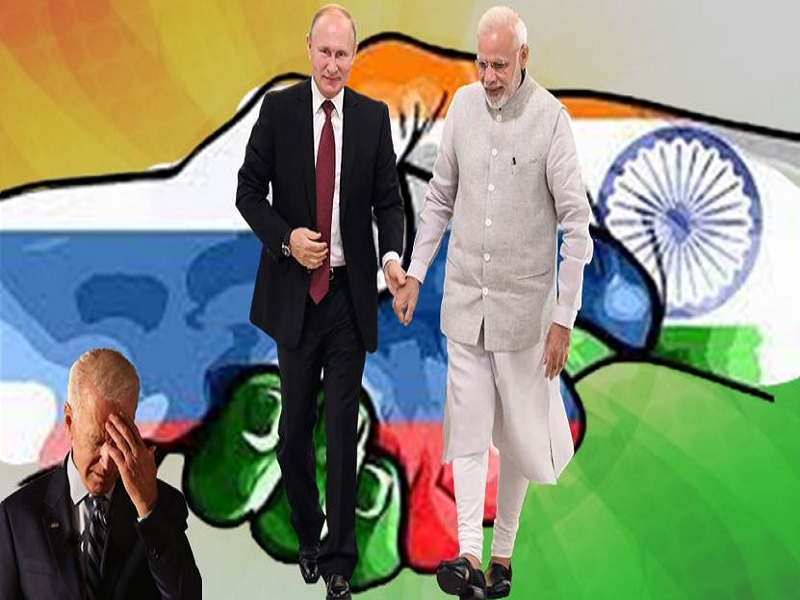Be it critics of his remark like former Indian Ambassador and popular pundit M. K. Bhadrakumar is or plaudits who manipulatively misportrayed it like some of his fellow Indian intellectuals have done, the fact of the matter is that Russia officially disapproves of those who’ve decontextualized and politicized what Prime Minister Modi said.

Indian Prime Minister Narendra Modi’s remark to Russian President Vladimir Putin earlier this month ahead of their meeting on the sidelines of the SCO Summit in Samarkand was widely discussed by global media.
Many interpreted his statement that “I know that now is not an age of wars” to have carried with it implied criticism of Russia’s special operation in Ukraine, especially when President Putin publicly acknowledged that he’ll address Prime Minister Modi’s “concerns” about the conflict.
Former Indian Foreign Secretary and Ambassador to Russia Kanwal Sibal, who’s regarded as one of the world’s leading authorities on Russian-Indian relations, quickly clarified that this was the wrong interpretation in his article on the matter.
Even so, former Indian Ambassador and popular pundit M. K. Bhadrakumar still insisted that it was a “gaffe” and harshly criticized his leader for that remark.
Russian Ambassador to India Denis Alipov, however, just implied that those with that stance are Western assets.
Asked to comment about that much-discussed remark during his latest press conference, Russia’s top diplomat in India said that “The West uses only those quotes that suit them while ignoring other parts.”
This suggested that not only was the West attempting to manipulate public opinionabout Prime Minister Modi’s remark in order to drive a wedge between the special and privilegedRussian-Indian Strategic Partnership, but also that anyone who negatively obsesses over it is doing the West’s bidding.
Be it critics of his remark like Bhadrakumar is or plaudits who manipulatively misportrayed it like some of his fellow Indian intellectuals have done, the fact of the matter is that Russia officially disapproves of those who’ve decontextualized and politicized what Prime Minister Modi said.
Unipolar liberal-globalists like the majority of that class are considered to be won’t change their tune in response to Alipov’s assessment, but multipolar folks like Bhadrakumar would therefore do well to reconsider their views.
After all, Alipov is Russia’s top diplomat in India and therefore speaks from a position of authority on the matter that by definition represents his government’s official stance.
It’s one thing to still have a contrarian interpretation of Prime Minister Modi’s remark even after former Ambassador Sibal clarified what his leader meant and another entirely to continue clinging to that same interpretation after it’s been completely discredited by the serving Russian Ambassador to India.
There’s no shame in an analyst getting something wrong since nobody’s perfect, but there is indeed shame in not recalibrating one’s assessment in light of official clarifications since it very strongly suggests that such an analyst has an agenda and isn’t the objective observer that they claim to be.
With this in mind, it’s hoped that Bhadrakumar and other multipolar influencers who share his criticism of Prime Minister Modi’s remark will issue mea culpas to confirm that they don’t have ulterior motives.
By Andrew Korybko
Published by OneWorldPress
Republished by The 21st Century
The views expressed in this article are solely those of the author and do not necessarily reflect the opinions of 21cir.com
